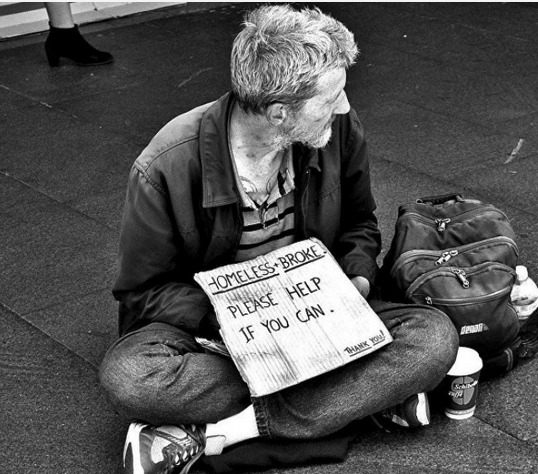In 2019-20, 4.3 million children (31%) were living in poverty in the UK, and with the cost of living about to rise dramatically, that number is expected to increase significantly.
Child poverty has become one of the biggest issues facing the UK following the austerity measures of the past decade. But while the immediate effects of childhood poverty are discussed and organisations such as Child Poverty Action Group lobby for the government to take better care of the country’s children, what is rarely talked about are the effects of childhood poverty that are often carried into adulthood.
It is a fair generalisation that one of the reasons children born into wealthier families have an easier time settling into adulthood is that that their carers and wider circle are more secure and established.
Not so for those from less advantaged backgrounds. For example a former child of poverty seeking housing can find themselves being scrutinised and sometimes rejcted by landlords because they can’t find anyone willing or able to act as a guarantor should they be unable to pay the rent. And the usual ways around the need for a guarantor, such as paying a large sum of money upfront to the landlord as extra security, are unavailable to you if you are poor.
This rented housing disadvantage is exacerbated by the lack of social housing for those who need it – caused partly by lack of council house building, but made worse by the growing numbers of families experiencing poverty.
The problem is so bad that now more and more conditions need to be met in order to get social housing in a timely manner. If you have dependants; disabilities; are being made homeless; or are attempting to flee a situation where you are in imminent danger; the wait won’t be as long – although it is worth noting that even meeting these criteria does not guarantee you access to housing, and specifically safe housing – as we reported back in 2019.
One solution would be for children from poor families to remain at home for longer before attempting to leave the nest. But what if they are not safe at home?
In 2020 research by academics from UCL’s ESRC International Centre for Lifecourse Studies found that children in poverty are at greater risk of experiencing childhood traumas or adverse childhood experiences (ACEs). The research suggests that for those children leaving home also means leaving the sort of toxic environment that can cause mental health problems. Therefore many who grew up in poverty would rather not stay at home – for the sake of their own wellbeing.
Children do not ask to be brought into this world, and through no fault of their own many end up in poverty. It should go without saying that they should not be inadvertently punished for that when they grow up.
So when coming up with schemes to support the poor when they are children, we also need to make sure that strategies are in place to support them when they move over to being adults as well, or else for many the cycle of poverty will not be broken.
We need change, and we need it now. We are failing too many of the country’s most vulnerable children.




